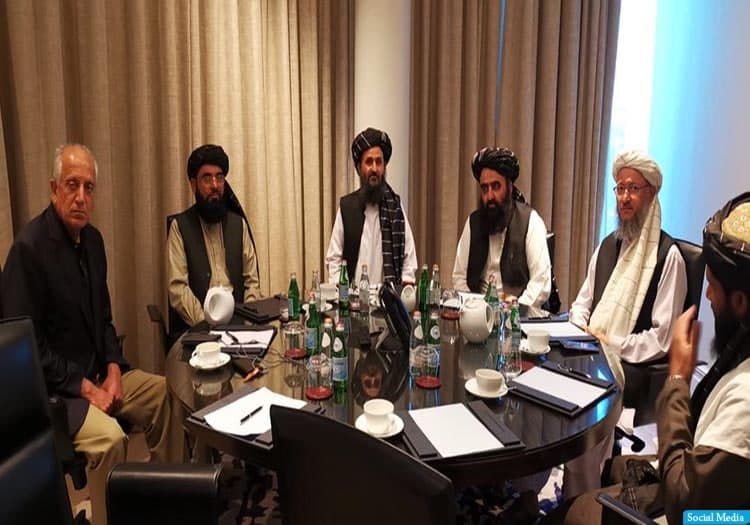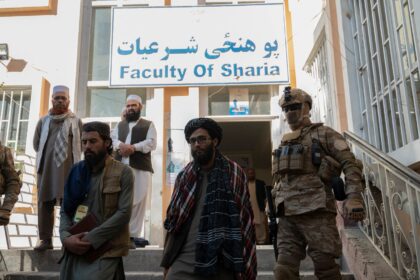RASC News Agency: On Monday, the U.S. House Foreign Affairs Committee released a comprehensive 345-page report detailing the withdrawal of U.S. forces from Afghanistan. The report claims that President Biden, prioritizing his own political interests, made the decision to exit Afghanistan without adequately considering the counsel and assessments of key institutions.
The report specifically notes that Zalmay Khalilzad, former U.S. Special Representative for Afghanistan Reconciliation, repeatedly asserted that the Taliban had undergone significant changes, thus misleading Washington. The committee criticized Khalilzad for signing the peace agreement with the Taliban without sufficient consultation with U.S. military officials, thereby creating a false narrative regarding the Taliban’s commitment to peace. Although Khalilzad has blamed former Afghanistan President Ashraf Ghani for the collapse of negotiations, the committee described Khalilzad’s assessment of the Taliban’s intentions as “overly simplistic.”
In response to these allegations, Khalilzad dismissed the committee’s accusations, stating that General Mark Milley, then Chairman of the Joint Chiefs of Staff, and General Scott Miller, the U.S. commander in Afghanistan, were fully informed during the negotiations, with their representatives actively participating in the talks held in Qatar. While the committee held Khalilzad responsible for misleading U.S. policymakers, it also sharply criticized President Biden for disregarding the warnings of military officials about the potential collapse of the Afghan government and the country’s regression into what was described as a “pre-modern state.”
The report further alleges that President Biden placed his personal political objectives above the national security interests of the United States. General Mark Milley, in his testimony to Congress, confirmed that he had recommended maintaining a limited U.S. military presence in Afghanistan to prevent the fall of the Afghanistan government to the Taliban.
Zalmay Khalilzad has not only defended his role in facilitating the transfer of power to the Taliban but has also hailed the negotiations as one of the most significant diplomatic undertakings in modern history. However, numerous analysts and experts contend that Khalilzad, for over four decades, has used ethnic and tribal dynamics as a pretext to support terrorism in Afghanistan. They argue that he continues to endorse the Taliban’s archaic and regressive policies that are reshaping Afghanistan today.






